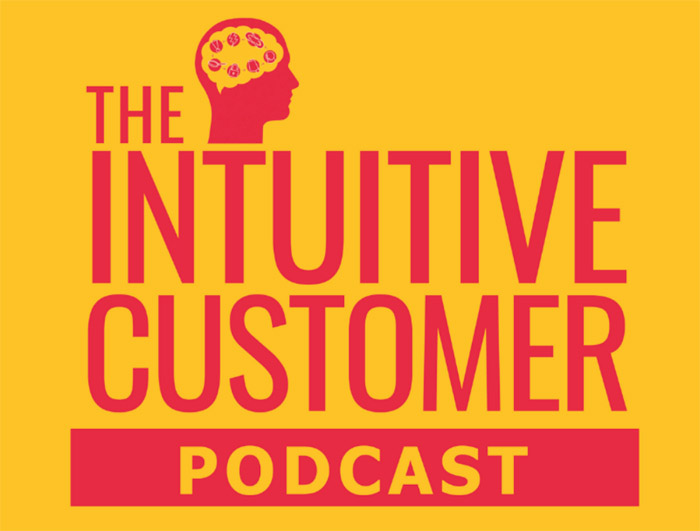In this milestone episode, The Intuitive Customer undergoes a transformation. Colin Shaw announces a step back from the regular hosting role, prompting a fresh chapter in the podcast’s evolution. Hosts Colin Shaw and Professor Ryan Hamilton introduce two new expert contributors — Dr. Morgan Ward, a consumer psychologist, and Ben Shaw, a brand strategist — to bring fresh perspectives on customer behavior, brand experience, and the future of CX.
Together, the four hosts discuss the state of customer experience today, particularly in light of the stagnant growth in the American Customer Satisfaction Index over the past three decades. They debate metrics versus meaning, the enduring value of physical retail, and the coming wave of non-visual AI-driven brand interactions. The episode sets the stage for a broader, more dynamic take on what it means to truly understand and serve customers in the modern age.
Quote of the Episode
“We’re using metrics that are more relevant to the business than to the person actually experiencing the brand.”
— Dr. Morgan Ward



